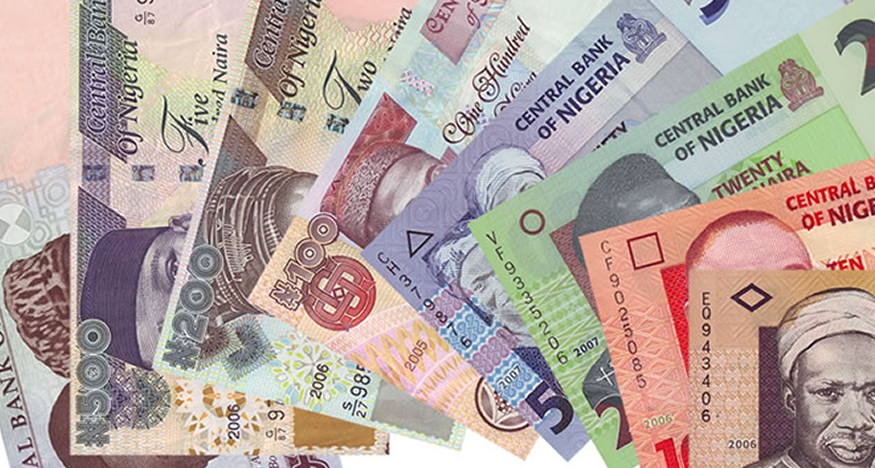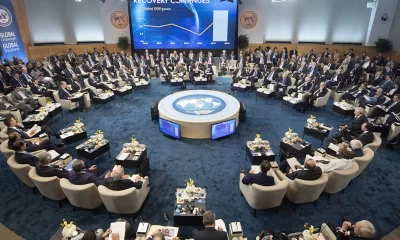Many international investors see Africa as the “final frontier” as emerging markets like China and India mature. With a population of about a billion and significant natural resources, the continent has been growing in popularity over the decades. But, the region has also been devastated by war and regime changes that have kept many multinational companies and investors away.
In this article, we will take a look at the best places to invest in Africa and some important considerations for investors to consider.
Invest in Africa: North, South or In-Between?
Unlike Europe or South America, investing in Africa varies quite a bit by region. Northern Africa is very similar to much of the Middle East in terms of its oil assets and major industries, while South Africa is considered a more developed market with a strong mining industry. Sub-Saharan Africa is still widely unavailable to international investors and includes lesser developed economies.
South Africa represents the most popular way to invest in Africa. Driven largely by raw materials and mining, the country is the largest producer of gold, platinum and chromium in the world. However, the country’s agricultural and banking sectors are also fairly sizable and its consumer class is slowly reducing reliance on exports and fueling domestic services growth.
Northern Africa consists of Algeria, Egypt, Libya, Mauritania, Morocco, Tunisia, and Western Sahara.
Many of these countries are known for their extensive crude oil reserves. For instance, Libya holds Africa’s largest oil reserves and the eighth largest reserves in the world. Over 10% of all crude oil imported into Europe came from Libya. Multinational companies have stakes in many of these oil reserves, although politics frequently interferes with operations.
Easily Invest in Africa with ETFs and Mutual Funds
The easiest way to invest in Africa is through exchange-traded funds (ETFs) and mutual funds. Not only are these funds traded on U.S. stock exchanges, they also contain built-in diversification and cost far less than manually building a portfolio with American Depositary Receipts (ADRs) or foreign stocks that trade on foreign stock exchanges.
The most popular South African ETF is the MSCI South Africa Index Fund (NYSE: EZA), which represents the only pure play to invest in the country. However, the SPDR S&P Middle East & Africa ETF (NYSE: GAF) also has more than 80% exposure to the country, which makes it a more diversified play on the country and region.
Since the rest of Africa isn’t quite as popular, there are only a few broad options to invest in the region. The first option is to purchase Middle Eastern and Frontier MarketETFs that include exposure to African countries. Since many African countries have enormous natural resources, the second option is to invest in commodity ETFs, like those focused on copper and gold.
The most popular ETFs to invest in Africa include:
- Market Vectors Africa Index ETF (NYSE: AFK)
- SPDR S&P Middle East & Africa ETF (NYSE: GAF)
- MENA Frontier Countries Portfolio (NYSE: PMNA)
- Middle East Dividend ETF (NYSE: GULF)
- Fontier Markets ETF (NYSE: FRN)
Invest in Africa: The Benefits & Risks
Africa offers the highest return on foreign direct investment in the world, according to the Overseas Private Investment Corporation (OPIC) and UNCTAD. But, there are also many unique risks faced by those that invest in Africa. From civil wars to political risk, companies face a number of hurdles competing in the region’s promising economies.
Benefits of investing in Africa include:
- Natural Resources. Africa has an enormous amount of natural resources, ranging from oil and diamonds to gold and uranium. And many of these natural resources remain untapped due to a low human density along with a lack of infrastructure and financing.
- Large Population. Africa’s population represents approximately 14.72% of the world’s total population with about a billion inhabitants in more than 60 territories. This creates a huge opportunity for consumer goods, such as telecommunications and banking.
- Relatively Undeveloped. Africa remains relatively undeveloped with per capita income that lags the rest of the world. This means that there may be enormous opportunity for growth in the future as its population grows and becomes more wealthy.
Risks of investing in Africa include:
- Governmental Problems. Some governments in Africa are known for their corruption or lack of policy. Corruption can lead to a number of problems, ranging from extortion to nationalizations, while the lack of policy can make it complicated to do business.
- Lack of Infrastructure. Africa has a low human density and per capita income, which contributes to its lack of infrastructure. This makes it difficult for companies to get the electricity, roadways and other necessary components to operate in some areas.
- Regional Conflicts. Africa is well known for its civil wars and conflicts, which have taken a toll on its population. Regime changes can also be very difficult for companies, since it causes a great amount of uncertainty.
The Bottom Line
Africa represents a compelling frontier market for international investors. Using ETFs and mutual funds, investors can easily build diversified exposure to the continent’s economies. It’s important to consider the unique risks associated with the region, however, and ensure these investments are part of a diversified portfolio.
































